Sri Lanka intends to seek an Indian or Chinese credit line for the purchase of solar panels as a solution to mitigate the high cost of electricity tariffs, Power and Energy Minister Kanchana Wijesekara said on Tuesday amid calls by the influential Buddhist clergy to protest against the rising electricity price.
“We have the problem of foreign exchange, making it difficult to pay for imports. One solution we have to think is to have a credit line from India or China as panels are imported from them," Wijesekara told parliament.
In August, Sri Lanka hiked the electricity tariff by an average of 75 per cent, after nine years.
The government is facing criticism from the Buddhist clergy, who claim that their monthly bills had reached unbearable levels.
The influential Buddhist clergy has called on the public not to pay the electricity bills in protest.
Wijesekara said there are over 48,000 consumer connections for religious places.
Over 15,000 of them were consuming less than 30 units per month and therefore are not affected in a big way by the tariff hike.
Wijesekara said for the rest of the religious sites, which include Buddhist temples, churches, Hindu kovils (temples) and mosques, he was advising to install solar panels.
He said the electricity supply to religious sites had been always subsidised.
He said the tariff hike was the first since 2013. The state fuel entity Ceylon Electricity Board (CEB) was highly indebted.
“The CEB has over 80 billion rupees to pay for fuel and another over 46 billion to be paid to renewable energy suppliers to the national grid”.
The Opposition urged the government to consider the supply of electricity at concessional rates to religious institutions.
India has been the biggest provider of aid this year to its southern neighbour, which is fighting its worst economic crisis in more than seven decades and struggling to pay for imports.
The Indian government's assistance to crisis-hit Sri Lanka has reached almost USD 4 billion since January this year.
Sri Lanka had seen months of mass unrest over the worst economic crisis, with the government declaring bankruptcy in mid-April by refusing to honour its international debt.






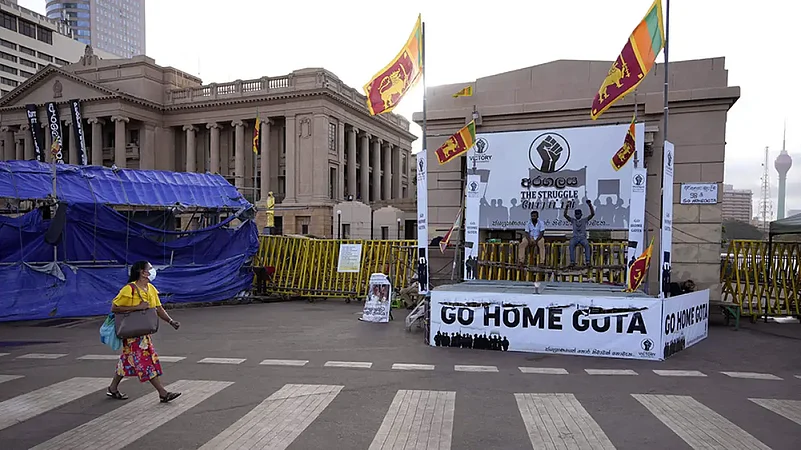


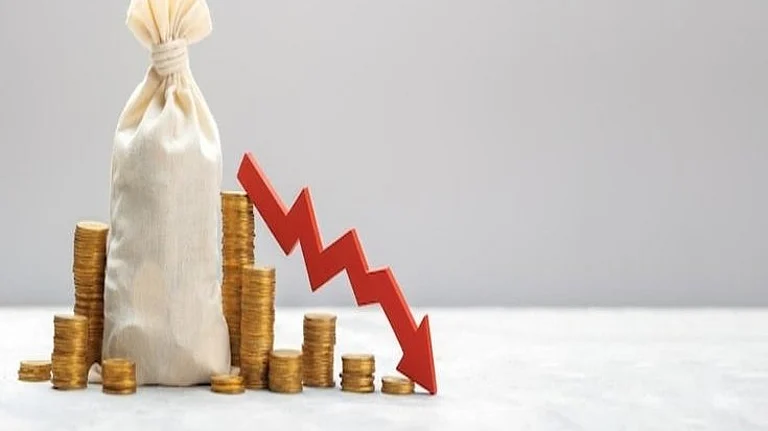
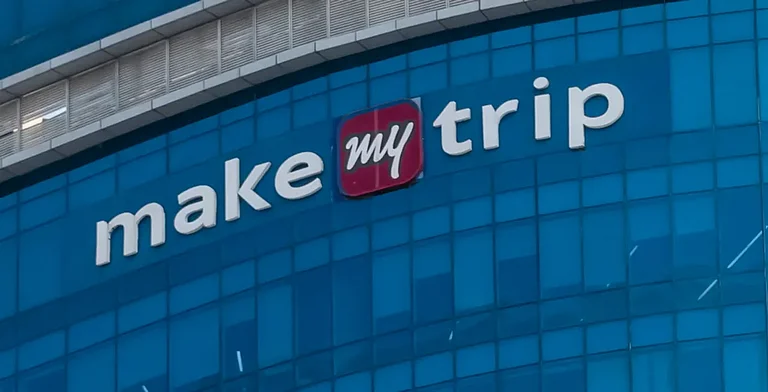

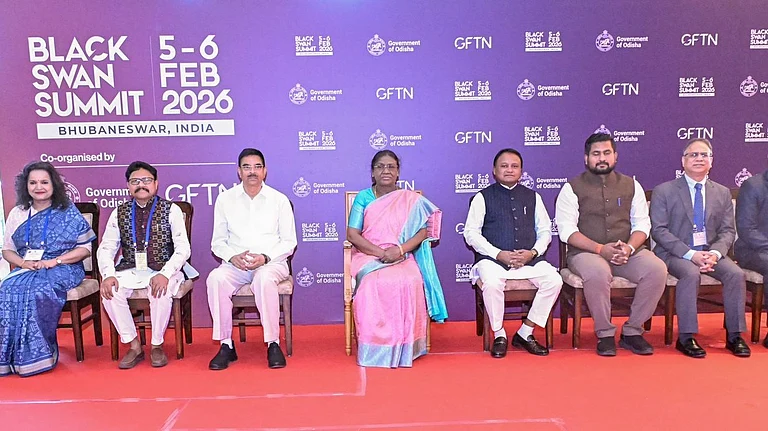

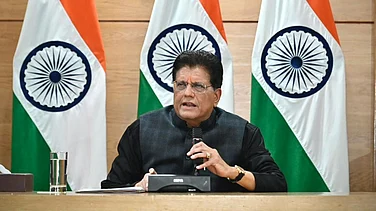
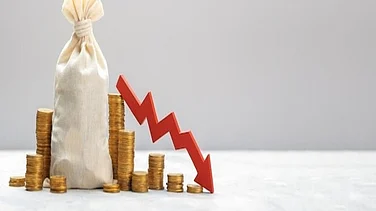










.jpg?w=200&auto=format%2Ccompress&fit=max)




